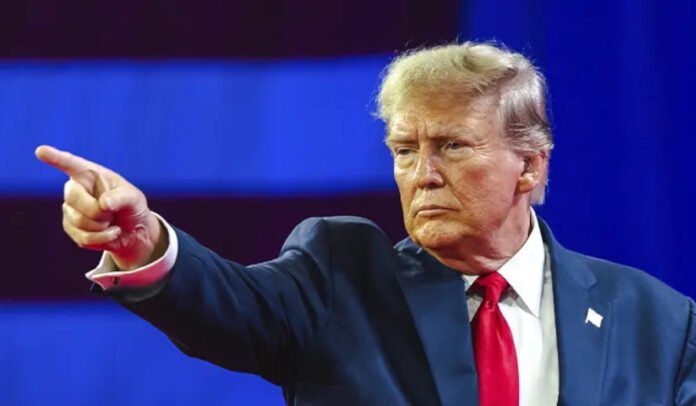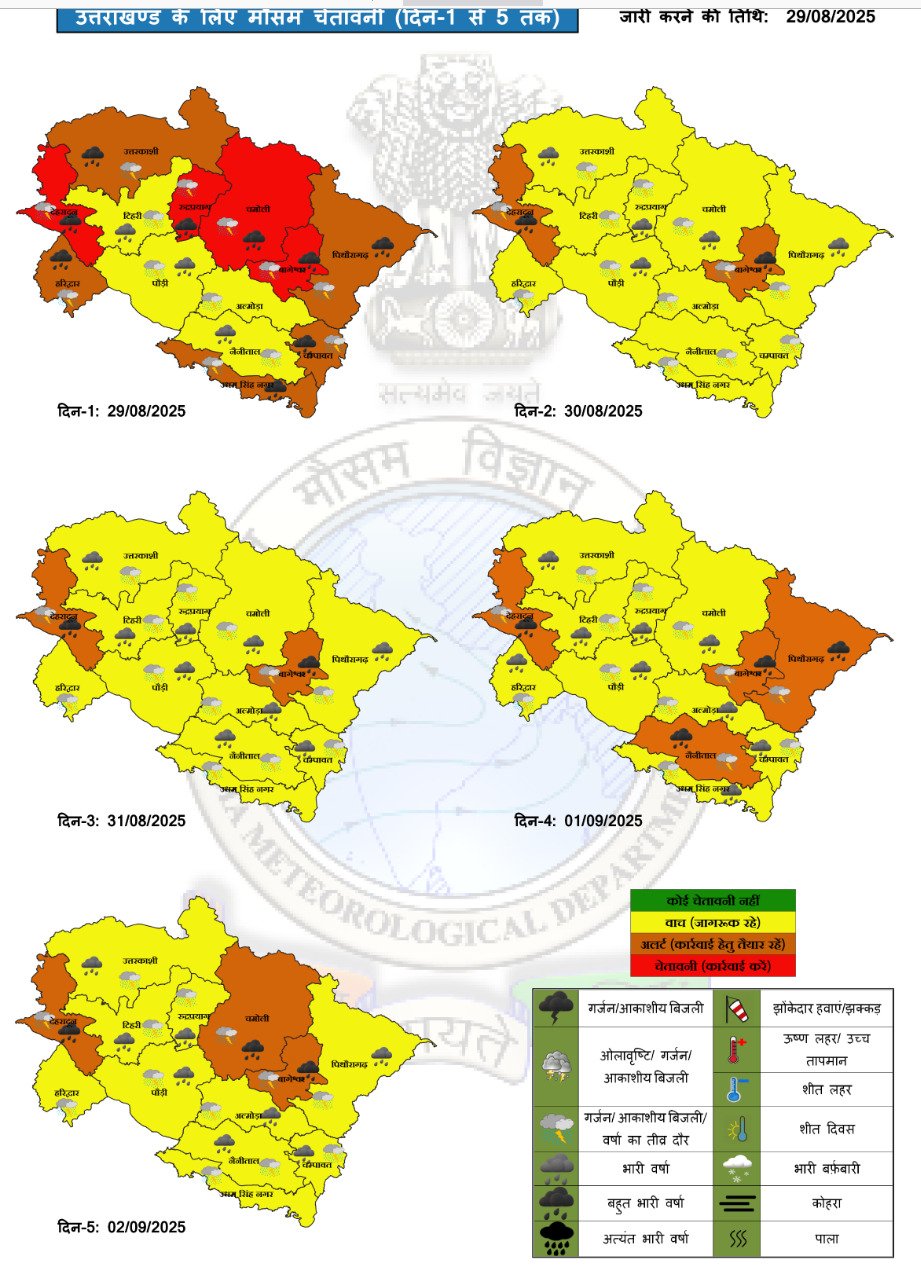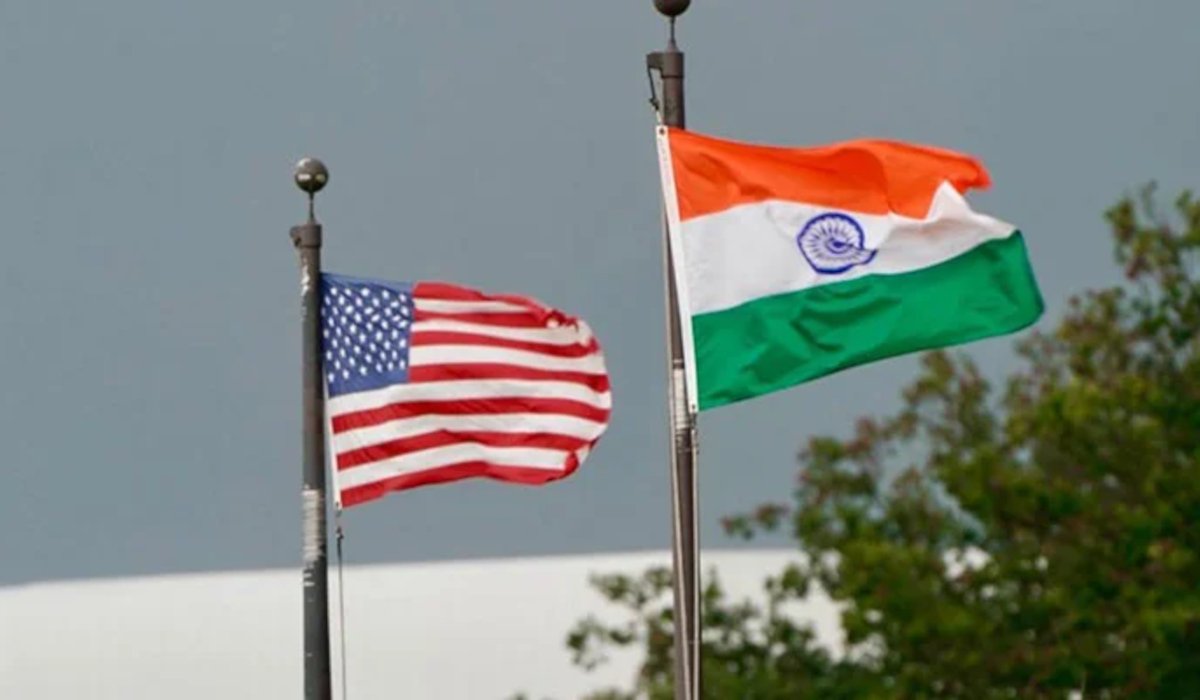The Chinese government has delivered a sharp rebuke to the United States and its allies after US President Donald Trump proposed imposing punitive tariffs of up to 100 per cent on Beijing. The threats, delivered via social media, were part of a broader call for NATO nations to cease purchasing Russian oil as a means to halt the ongoing conflict in Ukraine. China’s foreign minister, Wang Yi, responded by reiterating the country’s commitment to diplomacy and multilateralism, stating that “wars cannot solve problems and sanctions would only complicate them.”
The latest escalation in rhetoric from the Trump administration came on Saturday when the US President publicly urged NATO allies to impose massive tariffs on China, arguing that Beijing’s economic ties to Moscow were a key factor in prolonging the war in Ukraine. The proposed tariffs, which ranged from 50 to 100 per cent, were a stark escalation of existing trade tensions. Mr. Trump, in a post on his social media platform, asserted that “China has a strong control, and even grip, over Russia, and these powerful Tariffs will break that grip.” He also suggested that these tariffs would be withdrawn once the conflict in Ukraine concludes.
In a press conference in Ljubljana, Slovenia, the Chinese foreign minister made it clear that China does not involve itself in initiating or planning wars. “What China does is to encourage peace talks and promote political settlement of hotspot issues through dialogue,” Wang Yi stated. His comments highlighted China’s position as a proponent of diplomatic solutions in a global environment he described as being marked by “intertwined chaos and continuous conflicts.” Mr. Wang also made a veiled reference to the US, urging for cooperation rather than confrontation between China and Europe. “China and Europe should be friends rather than rivals,” he said, “and should cooperate rather than confront each other.”
This latest round of tariff threats marks a new chapter in the US-China trade dispute. During a previous administration, tariffs were imposed on a range of Chinese goods, leading to retaliatory measures from Beijing. This time, the threat is explicitly linked to geopolitical events, with Mr. Trump attempting to leverage economic pressure to influence China’s relationship with Russia. The proposed tariffs have been met with concern from economists who warn of the potential for global economic instability, and from diplomats who fear that such measures could drive Beijing and Moscow closer together.
The timing of Mr. Trump’s renewed threats is particularly noteworthy, coming on the heels of his recent attempts to mediate peace in the Ukraine conflict. While he has previously accused Chinese leaders of “conspiring against” the United States, he also claims to have a “very good” personal relationship with them. This latest move signals a continuation of his strategy of using aggressive economic measures as a foreign policy tool.

























